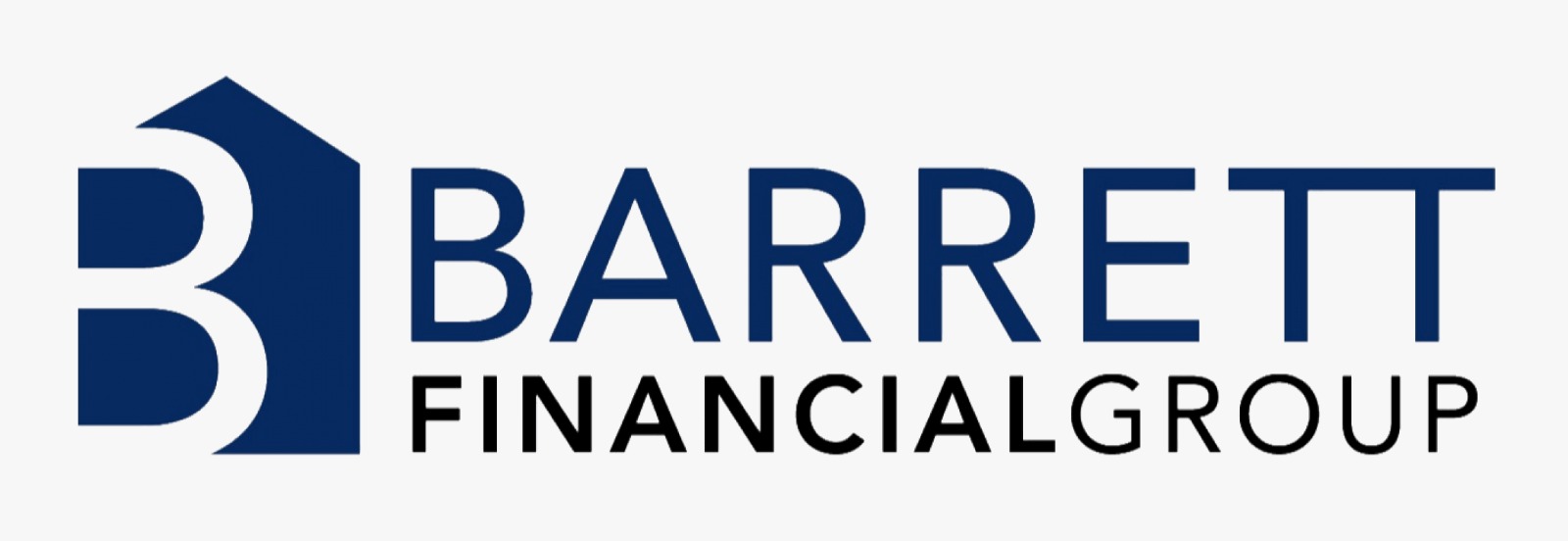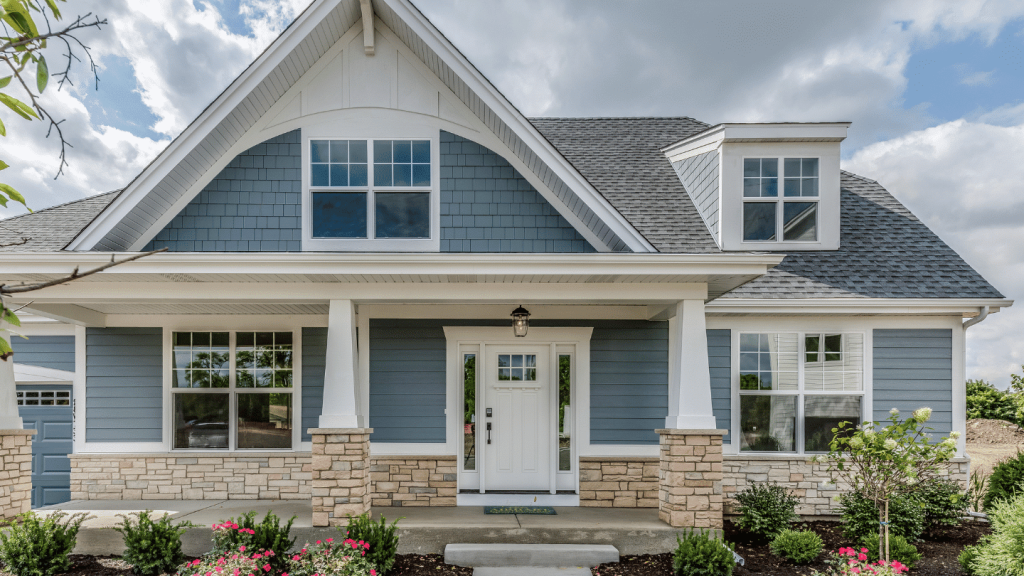What Are Conventional Loans?
A conventional loan is a mortgage that is not backed by any government entity, such as the FHA, VA, or USDA. Instead, it is provided by private institutions like banks, credit unions, and mortgage firms. These loans generally adhere to the lending standards set by Fannie Mae and Freddie Mac, two organizations that support and regulate the housing finance system.
Conventional loans are divided into two main categories:
- Conforming Loans: Conforming loans are those that comply with the loan limits and eligibility criteria established by Fannie Mae and Freddie Mac. For buyers in Raleigh, NC, this means loan amounts must fall within the county’s conforming loan limits.
- Non-conforming loans: Also known as jumbo loans, surpass the standard loan limits and are typically used for purchasing more expensive properties. These loans often come with more stringent credit and income qualifications.
The flexibility of conventional loans makes them a popular choice for Raleigh homebuyers who want customizable loan terms, competitive interest rates, and more freedom when it comes to property type and loan structure. Compared to FHA or VA loans, conventional loans are often seen as the “traditional” path to homeownership and are especially beneficial for borrowers with good credit and a stable financial history.
Benefits of Conventional Loans in Raleigh, NC
For homebuyers in Raleigh, NC, conventional loans provide a range of advantages that make them one of the most popular financing options. From competitive rates to flexible terms, these loans offer benefits that fit both first-time buyers and seasoned homeowners.
1. Competitive Interest Rates
Conventional loans typically offer lower interest rates than certain government-backed options, particularly for borrowers with excellent credit. This can lead to substantial savings over the duration of the loan.
2. Flexible Loan Terms
Borrowers can choose from a variety of repayment structures, including 15-year, 20-year, and 30-year fixed-rate loans as well as adjustable-rate mortgages (ARMs). This flexibility allows you to select a loan that best matches your financial goals.
3. Private Mortgage Insurance (PMI) Removal
In contrast to FHA loans, which typically require mortgage insurance for the entire term of the loan, conventional loans offer the option to eliminate private mortgage insurance (PMI) once the borrower has built 20% equity in the property. This feature helps reduce monthly payments over time and increases overall affordability.
4. Higher Loan Limits
In Raleigh growing real estate market, conventional loans provide higher borrowing power compared to FHA loans. This makes them ideal for buyers looking to purchase in popular neighborhoods with rising property values such as South End, Dilworth, and Ballantyne.
5. Wider Property Options
Conventional loans are not restricted to specific property types. Whether you are purchasing a single-family home, condo, or townhome in Raleigh, conventional financing gives you more options compared to some government loan programs.
6. Ideal for Strong Credit Borrowers
Borrowers with good credit scores, low debt-to-income ratios, and stable employment history often receive the best terms, making conventional loans especially attractive for financially prepared homebuyers.
Eligibility Requirements for Conventional Loans
To qualify for Conventional Loans in Raleigh, NC, borrowers need to meet certain credit, income, and financial guidelines. While conventional loans offer flexibility, they also set higher standards compared to government-backed programs like FHA or USDA. Here are the key requirements:
1. Credit Score
- Most lenders require a minimum credit score of 620 for conventional loans.
- Borrowers with higher scores (typically 740 and above) can access the most competitive interest rates and terms.
2. Down Payment
- First-time homebuyers may qualify with as little as 3% down.
- Standard down payment options range from 5% to 20%, depending on the borrower’s financial situation.
- A 20% down payment allows buyers to avoid Private Mortgage Insurance (PMI).
3. Debt-to-Income Ratio (DTI)
- Lenders typically prefer a DTI ratio of 36% or lower, though some may allow up to 45% depending on other qualifying factors.
- This means your monthly debt obligations—including your new mortgage—should not exceed a set percentage of your gross monthly income.
4. Income and Employment Verification
- Proof of stable income through W-2s, pay stubs, tax returns, or bank statements is required.
- Steady employment history (at least two years in the same field) is generally preferred by lenders.
5. Loan Limits in Raleigh, NC (Mecklenburg County)
- For 2025, the conforming loan limit in Mecklenburg County is $766,550 for a single-family home.
- Loans above this amount fall into the jumbo loan category, which has stricter requirements.
6. Property Requirements
- The property must be used as a primary residence, second home, or investment property.
- It should also meet lender appraisal standards to ensure it is safe and habitable.
Meeting these requirements positions Raleigh buyers to take full advantage of conventional loan benefits, from competitive interest rates to flexible repayment terms.
Down Payment Options for Conventional Loans
One of the greatest advantages of Conventional Loans in Raleigh, NC is the flexibility they provide when it comes to down payment requirements. Unlike the common misconception that conventional loans always require 20% down, today’s programs offer a range of options tailored to different types of buyers.
1. 3% Down for First-Time Homebuyers
Many conventional loan programs allow qualified first-time buyers in Raleigh to purchase a home with as little as 3% down. This makes homeownership more accessible, especially for younger buyers or those just entering the housing market.
2. Standard 5% Down
For most buyers, a 5% down payment is the standard minimum. This option balances affordability with broader eligibility and provides more favorable loan terms compared to the 3% option.
3. 10% Down Payment
A 10% down payment can help reduce monthly mortgage insurance costs and may also open up access to better interest rates. It’s a smart choice for buyers who have some savings but want to keep extra funds available for moving costs, renovations, or emergencies.
4. 20% Down – No PMI
A 20% down payment is a favored choice since it enables borrowers to bypass the need for Private Mortgage Insurance (PMI) entirely. This not only lowers the monthly payment but also increases long-term affordability.
5. Beyond 20% Down
Some buyers in Raleigh higher-end markets, such as SouthPark or Myers Park, may choose to put down 25% or more. This can lead to considerable savings in interest over the course of the loan and signal financial stability to lenders.
6. Down Payment Assistance Programs in Raleigh
Local and state-level assistance programs may also help eligible homebuyers cover part of their down payment or closing costs. Combining these resources with a conventional loan can make homeownership more budget-friendly.











